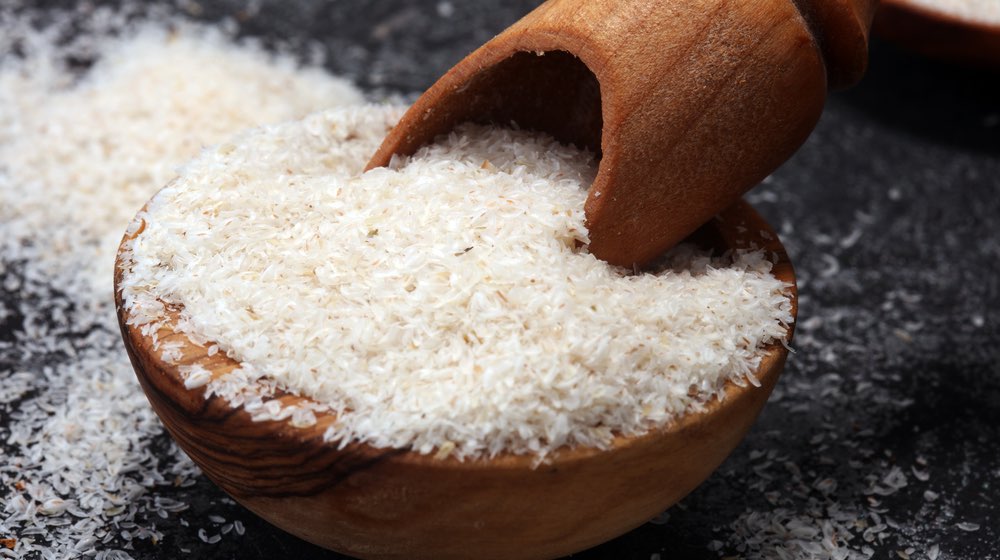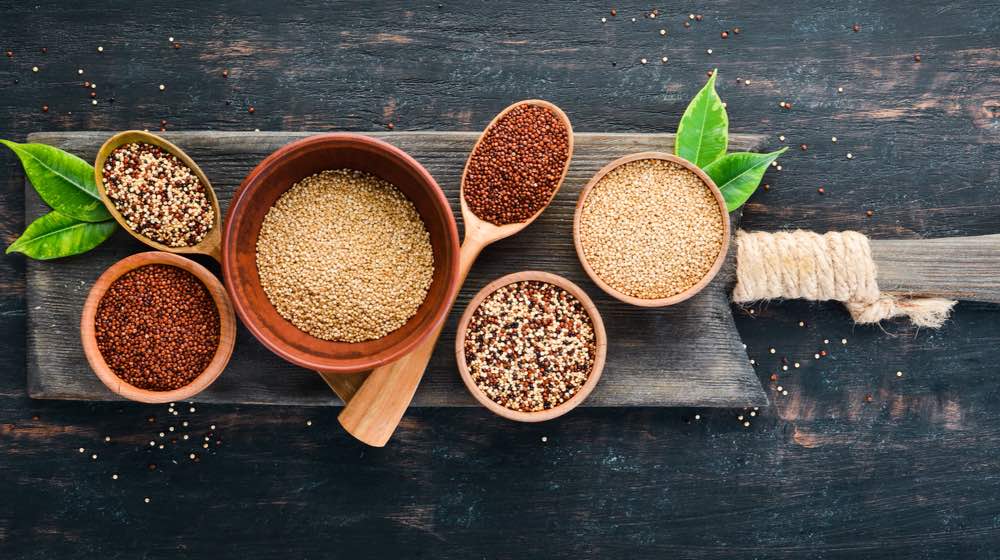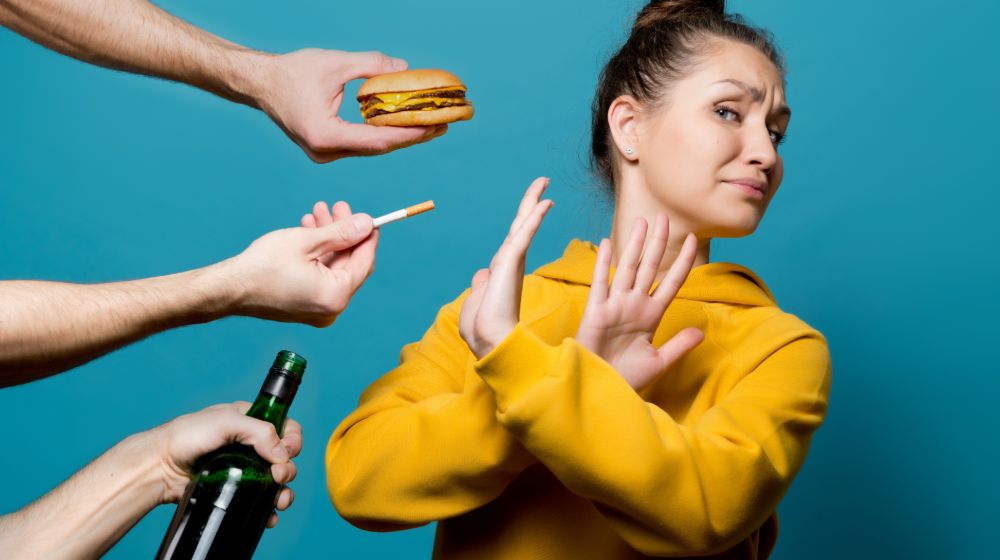What To Avoid After Stent | Diet After Heart Attack And Stents
Knowing what to avoid after stent can help your body recover well after an angioplasty procedure. It can also minimize your risk of developing complications.
Learn more about what you should do after a stent placement so your body can heal faster.
RELATED: COPD And Heart Failure | How Does Lung Disease Affect The Heart
What To Avoid After Stent | Everything You Need To Know

What Is a Stent?
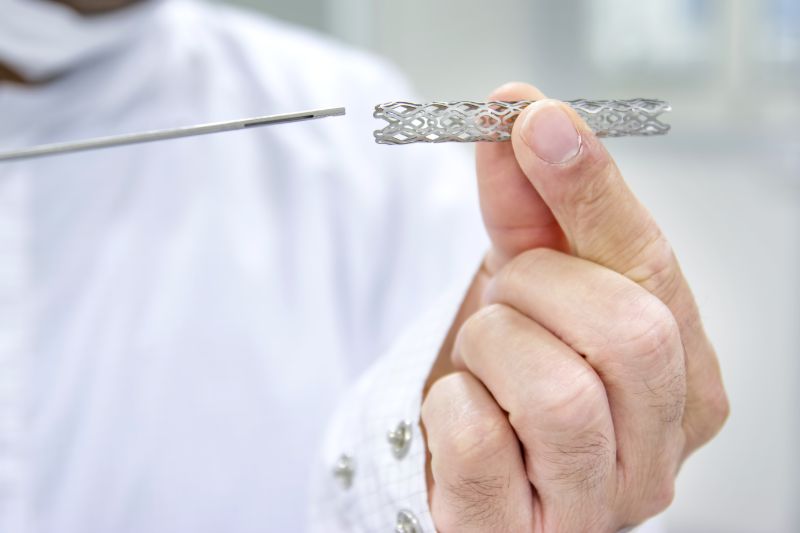
A stent is a small tube that plays a vital role in treating cardiovascular diseases. Most patients who undergo angioplasty procedures also have a stent in their blocked artery.
Essentially, a stent supports your artery and helps prevent it from becoming narrow again after angioplasty.
It's inserted by a doctor into your blocked arteries to help keep them open. It also lets your blood and other bodily fluids flow freely, and it allows you to breathe more easily.
Generally, stents look like a small coil. They're made of wire mesh and specialized fabric. These stents are also known as ‘stent grafts', which are permanent and are typically large since they're used for big arteries.
On the other hand, some stents are composed of substances that dissolve. These stents are covered in drugs that are released into your artery.
These medicines keep your artery from being blocked again. Eventually, your body absorbs this kind of stent.
It's estimated that around two million individuals get stents each year. And when you have coronary artery disease, chances are your physician will recommend you get one.
Because when you have this condition, a fatty material called ‘plaque' starts to build up in your artery walls.
This plaque can interrupt or block the blood supply to your heart. It can also suddenly rupture or burst, which can lead to a blood clot, followed by a heart attack.
Other reasons why you might need a stent placement are due to lung cancer and other medical conditions. These can damage or block the tubes and passages in your body.
Apart from arteries, stents can also open:
- Ureters: These are tubes that carry your urine from your kidneys going to your bladder.
- Bile ducts: These are small tubes that are a part of your digestive system which carry bile outside of your liver.
- Bronchi: These refer to the small airways located in your lungs.
What to Avoid After Stent?

After your angioplasty and stenting procedure, you might feel some soreness in the incision area. Fortunately, painkillers can ease the pain. Your physician might also recommend a medication that can prevent clotting.
According to the National Institutes of Health (NIH), you may already go home after undergoing a stent placement.
However, in some cases, you may have to stay at the hospital for a few hours or even overnight to monitor your heart and adjust your medications.
You can return to your normal routine a week after the procedure.
But when you return home, you have to restrict your physical activities. You have to avoid strenuous activities, such as lifting heavy objects.
In addition, you also have to avoid swimming and even any sexual activity for a week.
Moreover, there are foods you have to skip so you can have heart-healthy eating:
- Refined grains: These include white rice and white bread. Refining or processing the grains eliminate their healthy contents.
- Trans fats and saturated fats: You can find trans fats in packaged and fried foods. Meanwhile, saturated fats are found in red meat fat, cream, poultry skin, cheese, and butter. These types of fats can raise the levels of unhealthy cholesterol in your body.
- Added sugars: Avoid sodas, desserts, candies, and jelly. These foods and drinks are packed with high sugar, which can contribute to weight gain.
- Processed meats: Deli meats and hot dogs contain preservatives, sodium, and nitrates, which can weaken your heart.
- Salt: As much as possible, avoid adding salt when cooking, as it can increase your water retention as well as your blood pressure.
RELATED: Congestive Heart Failure Leg Cramps | Leg Pain Heart Attack
What Should I Consume After Getting a Stent?

After stenting, you must focus on consuming a healthy diet. This can prevent the plaque from building up in your artery walls again.
A diet that's filled with fiber, vitamins, minerals, and antioxidants can minimize your risk of developing heart problems. With this, your diet must include:
- whole grains, such as whole-wheat pasta, barley, polenta, brown rice, freekeh, rolled oats, wheat bread, wheat crackers, quinoa, rye, couscous
- oily fish, like sardines, salmon, and mackerel
- healthy fats, such as avocado, nuts, and seeds
- meat alternatives, like legumes, eggs, and tofu
- low-fat dairy
- water
Pro Tip: Aim to eat at least four servings of whole grains, two servings of fruit, and five servings of veggies per day to get the right amount of nutrients on your plate.
What Else Should I Do After Getting a Stent?

It's crucial that you strictly follow your physician's recommendations and prescriptions about your blood-thinning medicines. These medications can minimize your risk of a further cardiac event. These may include:
- Effient (prasugrel)
- Aspirin
- Plavix (clopidogrel)
- ACE inhibitors and/or beta-blockers
- Antiplatelets
- Statins
However, remember that these drugs will work best when you also strive to be healthy in other areas of your life, including your lifestyle.
This means that you also have to exercise, stop smoking and eat a balanced diet.
Aside from knowing what to avoid after stent, it is also good to have an overview of what happens before, during, and after the procedure. Learn all these with this video courtesy of Nebraska Medicine:
It's common to feel ‘different' after undergoing a stenting procedure. But learning what to avoid after stent can help you return faster to your normal activities and daily routine.
Keep in mind that a stent doesn't cure heart problems. Yes, it can save your life, but it isn't a cure. This is why you must take care of your stent and develop heart-healthy habits so you wouldn't need more stents in the future.
Furthermore, follow your doctor's instructions for follow-up appointments and medications. Consult them about the other restrictions in your activity. This can minimize your risk of developing another cardiovascular problem.
Other than what to avoid after stent, are there other things you want to know about this treatment? Ask us in the comments section below!
Up Next:
- Organic Heart Disease | What Is Organic Heart Disease
- How Is Vitamin E Thought To Play A Role In Reducing The Risk Of Heart Disease?
- 13 Different Types Of Poop | 13 Shocking Things Different Kinds Of Poop Says About Your Health
Join the healthy living conversation with us on Facebook, Instagram, and Pinterest. We want to hear your story—let’s connect via these channels. Find our community online and join the healthy living revolution today!
Trending
Get Updates
SIGN UP FOR OUR NEWSLETTER TODAY
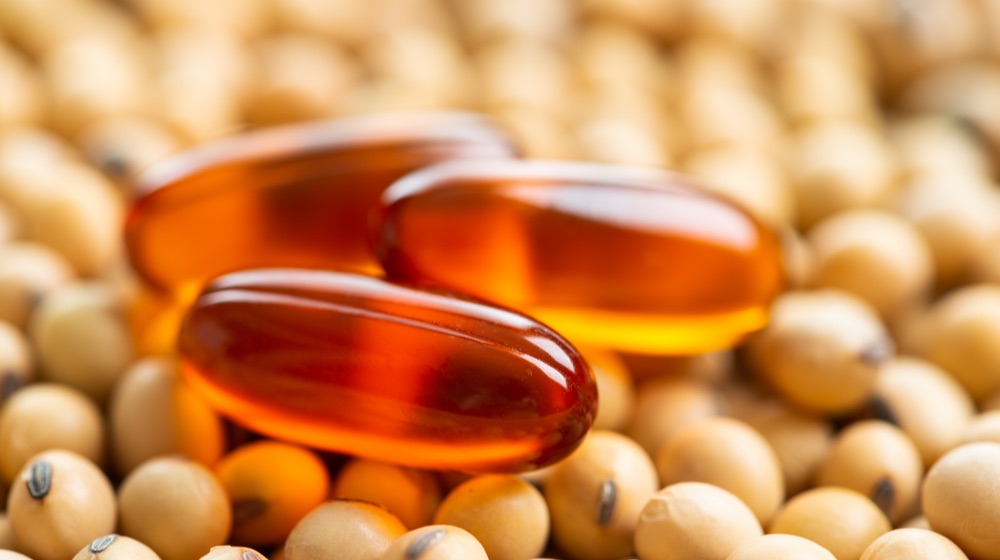
Lecithin Benefits and Side Effects: 10 Surprising Truths
